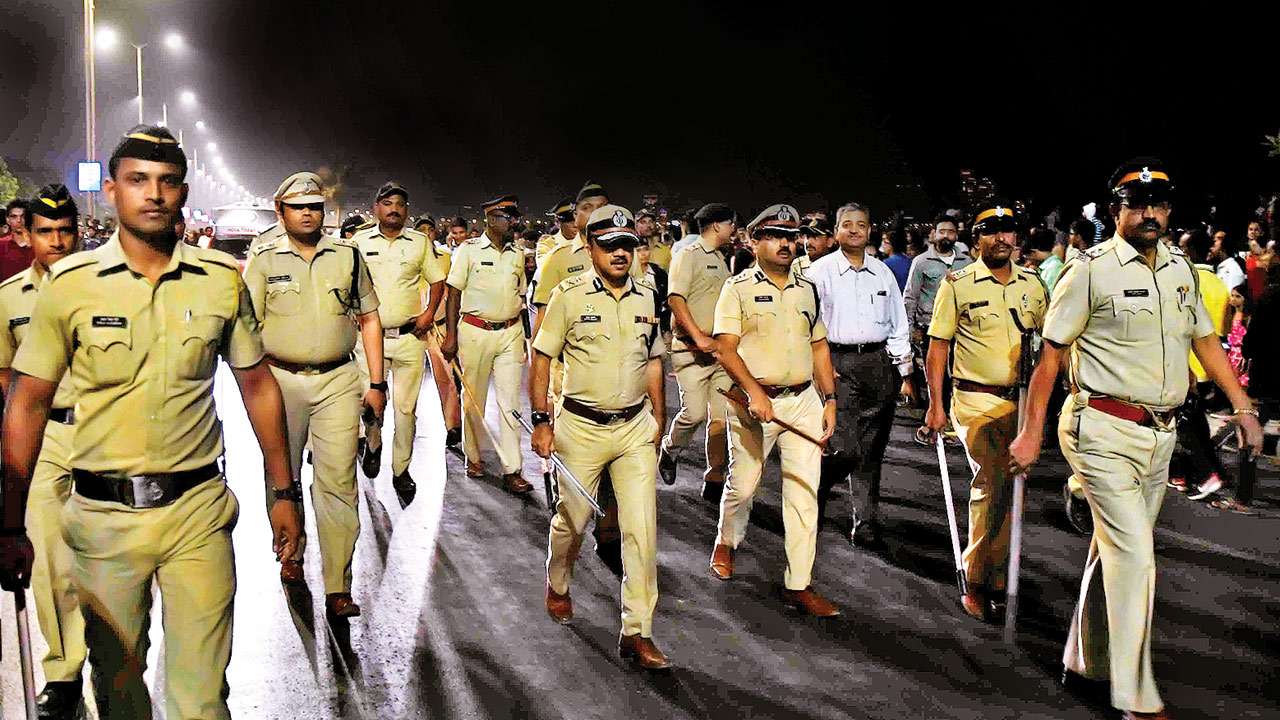
On January 16, the Supreme Court gave a landmark judgement in the police reforms case when it dismissed the interlocutory applications of the state governments of Punjab, Haryana, Bihar, West Bengal and Kerala, seeking modification in the Court’s order of July 3, 2018.
While prescribing the procedure for appointment of Directors General of Police, the court said that “any legislation/rule framed by any of the states or the central government running counter to the direction shall remain in abeyance to the aforesaid extent”.
Several state governments (17) had legislated their own Police Acts subsequent to the historic judgement of September 22, 2006, giving six directions to the state governments and one to the central government for restructuring of the police with a view to insulating it from external pressures, giving it a fair measure of autonomy in personnel matters and improving its accountability.
Acts were passed by the states ostensibly in compliance of the court’s directions, but actually to circumvent them. The judgement had stated that the directions were for “compliance till framing of the appropriate legislations” by the central and state governments.
State governments saw in the caveat an escape clause, which would take them beyond the purview of apex court’s scrutiny, and they passed laws which legitimised the status quo or introduced only cosmetic changes.
The arbitrariness in the appointment of DGPs was brought to the notice of the Supreme Court and that led to the order of July 3, which put a brake on the capricious procedures being adopted by state governments in the appointment of police chiefs.
To unshackle themselves, some states filed IAs. Their line of argument was that they have their own Police Acts, laying down the procedure for the appointment of DGP, that the Supreme Court’s order of 2006 was “for compliance till framing of the appropriate legislations”, and therefore now that the states had their own Acts, they should be permitted to appoint DGP under the provisions of the Police Acts framed by them.
They also contended that the Constitution of India did not give any mandate to the UPSC to be associated in the selection of police chief.
The Government of India, in their counter affidavits, unfortunately supported the state governments and said that their arguments were “based on sound principle of administrative jurisprudence”.
The Union government, in fact, went to the extent of suggesting that the Court’s direction for empanelment of officers by the UPSC needed to be modified.
It instead wanted the court to direct each of the states to set up an ‘Empanelment Committee’ for the purpose of selecting the DGP.
The aforesaid arguments were forcefully rebutted by the petitioner through his advocates. It was stated that the specific provisions in the Acts passed by the state governments were in complete violation of the Supreme Court’s direction regarding appointment and tenure of Director General of Police.
The DGP was to be selected by the state government from among the three senior-most officers of the department who were empanelled for promotion to that rank by the UPSC on the basis of their length of service, very good record and range of experience.
It was further said that once selected for the job, the DGP shall have a minimum tenure of two years, irrespective of his date of superannuation. These stipulations did not figure in the state laws. Besides, the Supreme Court judgment was for compliance “till framing of the appropriate legislations”.
The state laws were, however, in violation of the Court’s directions and could not be considered “appropriate” by any stretch of arguments.
The court was also told that there could be no question of revisiting the 2006 judgment on police reforms because all the review petitions filed by the states of Gujarat, Karnataka, Maharashtra, Punjab, Tamil Nadu and UP had been dismissed by the court on August 23, 2007.
What was also important, the constitutional validity of all the Acts passed by the state governments had been challenged in a writ petition filed by Harish Salve in 2013.
This petition is pending before the court and, it was in this context, that the court had ordered in its judgment of July 3, 2018, that any legislation/rule running counter to the direction shall remain in abeyance.
The court, to remove any shadow of doubt about the role of the UPSC, called its Secretary also and thereafter dismissed all the interlocutory applications, saying that there was no need to modify or correct its previous orders on the subject.
After a long time, the apex court has shown seriousness in enforcing compliance of one of its directions – regarding the appointment and tenure of Director General of Police.
There is still a long road ahead. The institutions mandated by the Supreme Court – State Security Commission, Police Establishment Board, Complaints Authority – have been set up in several states, but their composition has been subverted, their powers curtailed and their charter diluted.
Officers on field assignments are transferred round the year. There is tardiness in the separation of investigative work from law and order duties.
The Union government has also not shown any commitment in implementing police reforms. It has yet to pass the Model Police Act drafted by Soli Sorabjee as far back as 2006.
It is going to be a long haul. However, as long as the wheels keep moving, there is hope for the future.
Author is Chairman, Indian Police Foundation